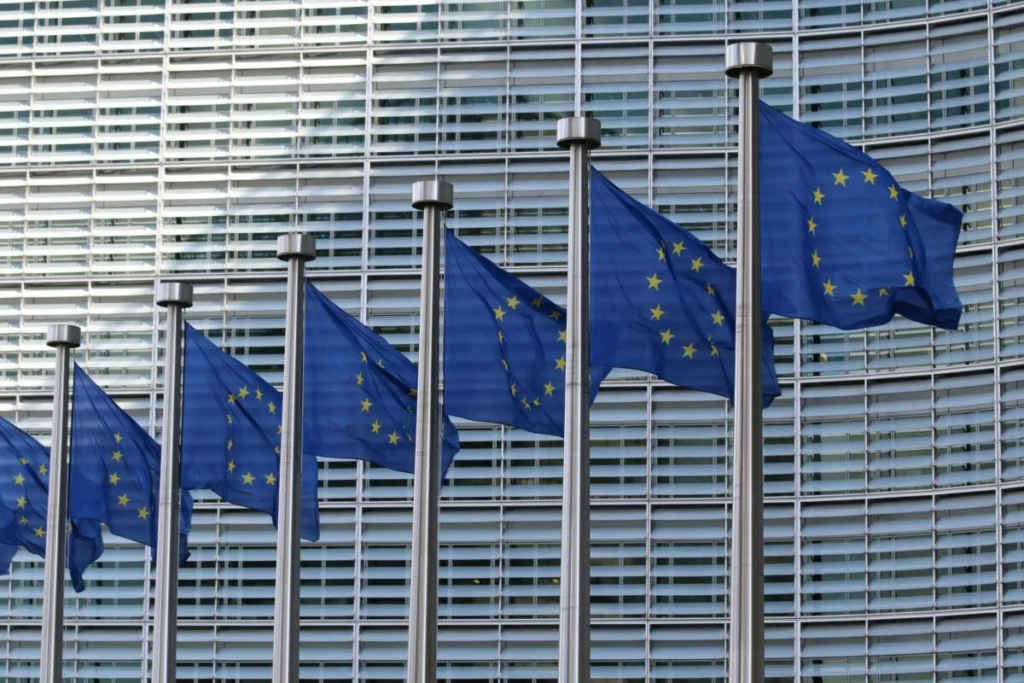Leveraging NIS2 compliance for competitive advantage involves turning regulatory requirements into opportunities for growth, reputation enhancement, and operational resilience. The NIS2 Directive, aimed at strengthening cybersecurity across the EU, goes beyond just a legal obligation—it offers businesses significant strategic benefits.
1. Enhanced Cybersecurity as a Market Differentiator
Compliance with NIS2 requires companies to implement robust cybersecurity measures, including regular risk assessments, incident response plans, and access control protocols. These heightened security standards not only protect the organization but also position it as a trustworthy partner in an increasingly insecure digital landscape. Customers and partners prioritize secure networks, meaning NIS2-compliant businesses can differentiate themselves by offering more secure solutions and services, which enhances trust and reputation.
2. Boosting Operational Resilience
NIS2 emphasizes proactive risk management and continuous monitoring of systems. This results in a more resilient IT infrastructure that is less susceptible to cyberattacks. By implementing best practices such as regular penetration testing and vulnerability management, organizations can minimize disruptions caused by cyber incidents. Reduced downtime translates to better service delivery, which can be a major selling point, particularly in sectors like finance and critical infrastructure where uninterrupted service is crucial.
3. Strengthened Relationships in Supply Chains
One of the core elements of NIS2 compliance is supply chain security. By managing cybersecurity risks not only internally but across third-party relationships, businesses ensure that their entire ecosystem is secure. This positions compliant companies as reliable entities within the supply chain, making them more attractive to partners and customers who seek to mitigate their own risks.
4. Improved Corporate Reputation and Customer Trust
In today’s digital age, trust is a critical asset. Organizations that meet or exceed regulatory cybersecurity standards, such as NIS2, are viewed as responsible stewards of data and network security. This enhances corporate reputation, leading to increased customer loyalty and attracting new clients who are increasingly sensitive to cybersecurity risks.
5. Competitive Edge through Innovation
Adhering to NIS2 directives often requires adopting advanced technologies for monitoring, reporting, and securing information systems. This push towards innovation can drive digital transformation within the organization, leading to efficiencies in other areas such as data management, cloud adoption, and AI integration. Companies that embrace these technologies early on can lead in their industries, gaining a competitive edge over slower-moving rivals.
6. Legal and Financial Advantages
Non-compliance with NIS2 can lead to severe penalties, including fines of up to 2% of global turnover. By ensuring compliance, organizations not only avoid these financial penalties but also strengthen their legal standing. This reduces the risk of litigation or regulatory scrutiny, freeing up resources to focus on growth and innovation.
In conclusion, NIS2 compliance offers businesses a pathway to bolster their cybersecurity posture, foster trust, and capitalize on operational improvements. Far from being a burden, it can be a valuable tool in shaping a more secure and competitive organization.



